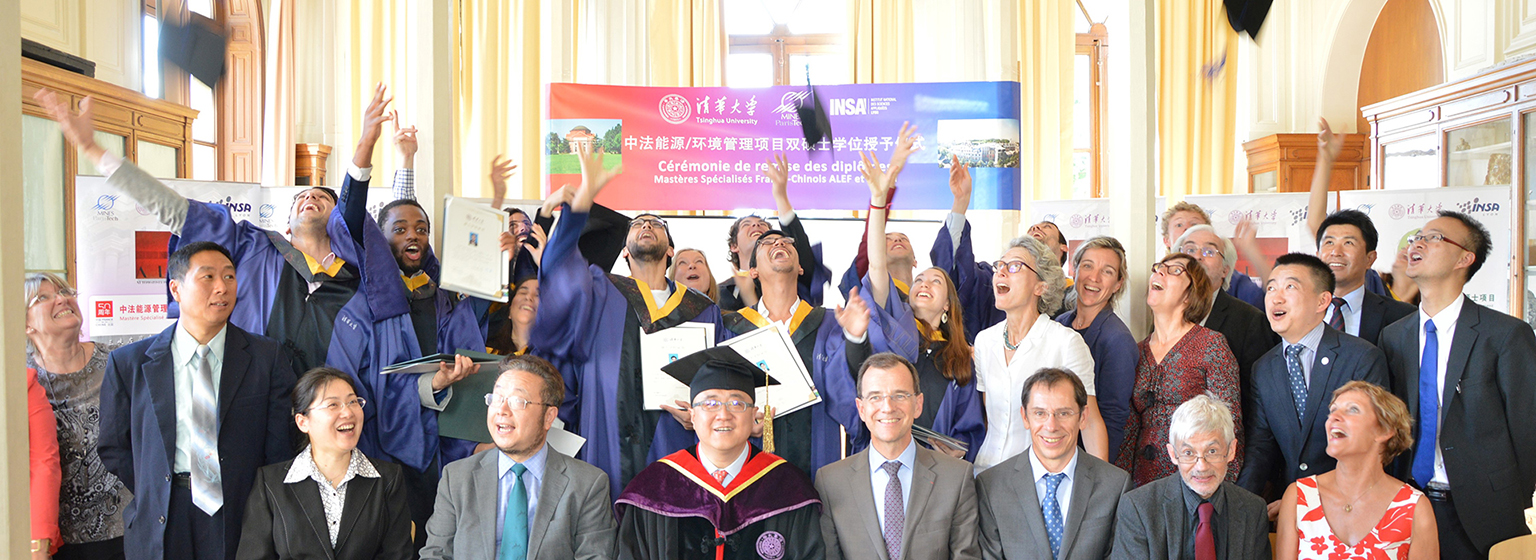課程編號(hào):80050092
課程名稱(chēng):環(huán)境系統(tǒng)建模理論與復(fù)雜模型Environmental Systems Modelling Theory and Complex Models
課程學(xué)時(shí):32
課程學(xué)分:2
授課語(yǔ)言:中文
課程簡(jiǎn)介:本課程講授環(huán)境系統(tǒng)的建模理論與模型應(yīng)用。建模理論部分主要包括復(fù)雜環(huán)境系統(tǒng)的特征系統(tǒng)要素、模型構(gòu)建思維與流程、常用模型及算法介紹、模型結(jié)構(gòu)變化、模型驗(yàn)證與不確定性分析等;模型應(yīng)用部分會(huì)結(jié)合復(fù)雜環(huán)境系統(tǒng)研究的前沿?zé)狳c(diǎn)進(jìn)行分專(zhuān)題介紹,包括包括全球氣候變化系統(tǒng)、生物圈系統(tǒng)、疫情風(fēng)險(xiǎn)傳播系統(tǒng)、城市排水系統(tǒng)、家庭水能消費(fèi)系統(tǒng)等,以及介紹大數(shù)據(jù)、人工智能等前沿技術(shù)在環(huán)境系統(tǒng)分析中的應(yīng)用。本課程旨在提高研究生的系統(tǒng)分析思維和用模型解決實(shí)際問(wèn)題的能力,力求達(dá)到以下層面的目標(biāo):(1)認(rèn)識(shí)層面:讓學(xué)生了解什么是環(huán)境系統(tǒng),環(huán)境系統(tǒng)的復(fù)雜性體現(xiàn)在哪些方面,在面對(duì)具體的復(fù)雜環(huán)境問(wèn)題時(shí)如何將其抽象、簡(jiǎn)化,用系統(tǒng)建模的方法進(jìn)行分析。(2)技能層面:通過(guò)課堂案例展示和課后實(shí)踐,培養(yǎng)學(xué)生構(gòu)建復(fù)雜模型的能力,讓學(xué)生掌握建模的一般步驟和每個(gè)步驟的關(guān)鍵處理技術(shù),并且能夠運(yùn)用系統(tǒng)建模工具解決一個(gè)具體問(wèn)題。
This course teaches the modelling theory and model applications of environmental systems. The modelling theory part mainly includes the characteristic system elements of complex environmental systems, the thinking and process of model construction, the introduction of commonly used models and algorithms, etc.; the modelling application part will be introduced with the frontier hotspots of complex environmental systems research in sub-topics, including global climate change system, biosphere system, epidemic risk propagation system, and the application of frontier technologies such as big data and artificial intelligence in environmental systems analysis. This course aims to improve postgraduate students' ability to think in systems analysis and solve practical problems with models, and to understand what environmental systems are and how to abstract and simplify them when faced with specific complex environmental problems, and to analyze them using a system modelling approach. At the same time, students will develop the ability to construct complex models and be able to apply systems modelling tools to solve specific problems.





